The lake has gone. And with it, an oral culture that lasted thousands of years has evaporated too. Lake Poopó is no more. 3680 metres above sea level, 1000 sq km of water has become a story of evaporation, desiccation and devastation.
A lasting memory is the shimmering pink line at the furthest edges of my sight. The heat haze rising from the salar distorted the lines of flamingoes diligently feeding on crustaceans whose pigmented carotenoids tinted their feathers pink. An earthly aurora andinus is gone. So too is the oral culture of honking birds that pre-dated the arrival of the humans that silenced them.
And I’m sorry in a pathetic personal sense that I brought such a primitive camera with me. And I’m sorry that the negatives were badly developed and protected in my time in the altiplano. So my memories of those flamingoes will fade with the expiry of my time allocation providing dementia doesn’t delete them first.
As will fade my memories of the school room in Untavi.
I walked into the school room because our group had been invited to see the school to which we had donated copy books, pencils and other supplies. The industry and particularly the company I was working for had a policy of providing support to the communities in which we worked. You might become cynical and think this was the least our extractive industry might do. However, I have worked around the world and I have seen enough to know that governments tend to centralise the benefits of resource extraction to the relative detriment of the local communities. Local communities do not progress in proportion to the extracted wealth nor at the same rate as the seats of centralised administrations. I’m sorry to opine that it’s the host governments that are generally at fault when it comes to environmental damage. If governance is weak, exploitation is inevitable.
The schoolroom housed primary school kids whose ages ranged from five to ten. Untavi was then a small town of about 5,000 so there were about thirty kids in the one room school. They were impeccably dressed, white smocks over their normal clothes in stark contrast with their very sun-browned faces under mops of black hair. They were laughing and joking in anticipation when we walked in. They went earnestly silent as their teacher introduced us and they waved the school supplies both in gratitude and to show us that that they had arrived (in a country where deliveries aren’t always completed).
The thing about the school room that stays with me some thirty years later was the stench. I can’t describe how vile was the smell in that room. Stomach turning revolting. And yet oddly familiar.
And then I saw why and a tear comes to my eye as I think about it today.
All of these lovely children had black smiles.
Four hundred years of local mining put heavy metals and hideous chemicals into the water supply via leaching from the mine tailings into the water table. We already knew of the contamination because we had tested every single local well and water source for potability. We needed drinking water too but it’s standard operating practice to establish a baseline for the water quality when we arrive in case we end up finding gas or oil that might be extracted over the coming decades. Ecology and environmental considerations are far higher on the priority list for the oil and gas industry than the media would want you to believe.
So we had just seen the results. Every single sample was horrifically contaminated and none were fit for human consumption. If you live on the edge of a lake that has no outflow, human waste has nowhere to go other than into the water table. The evaporation that is the sole mechanism for water to leave the basin is a weapon of mass concentration for excrement. E-coli was in everything.
And so were heavy metals such as lead, copper, silver and tin and the cyanides and other chemicals used in their extraction.
And where there should have been white smiles, there were black stumps of milk and second teeth in the mouths of the children.
It would be easy to overlook that the Ura-Murato tribal people in this village relied on fishing for their income and food. The presence of sophisticated four wheel drive vehicles and some houses with electricity and running water might suggest otherwise. Millenia of experience have taught them that their crumbling adobe and straw homes resist the wind but they still had to carry water from wells. Even when I was there, the men were working a long way from home because the lakeshore had already receded ten kilometres. The water table was falling and the wells were drying up and getting ever further away. There were boats stranded at the edge of the village, boats that have become icons for the ecological and environmental destruction by wilfully ignorant politicians. They funded the diversion of rivers for hydroelectric schemes without caring to understand the water cycle.
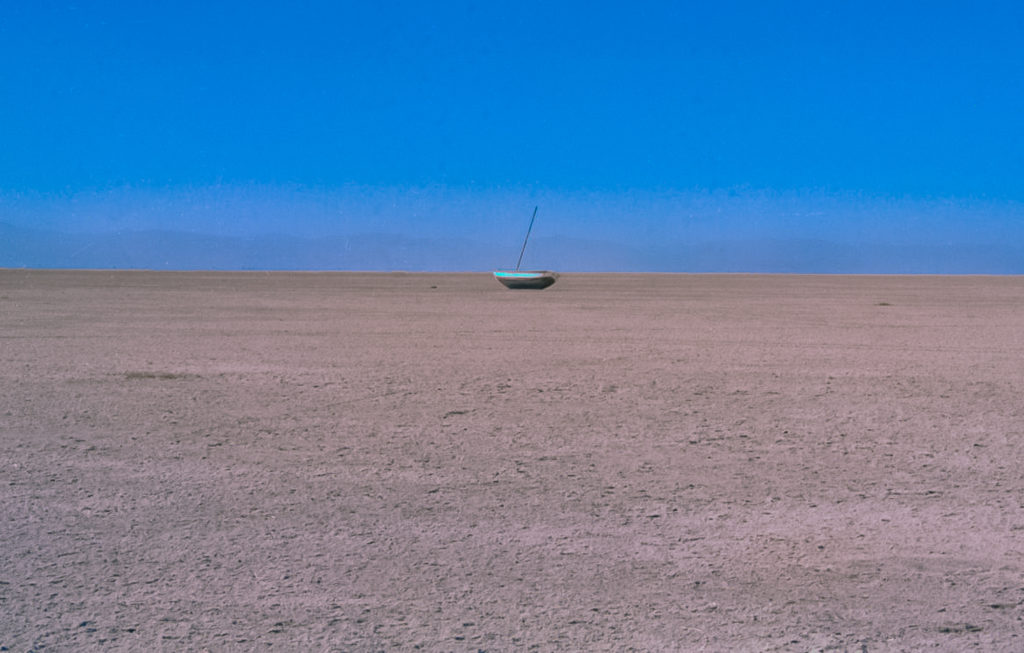
We had hired a couple of social workers who took a few of the local women to an adhoc outdoor class room. There they drew diagrams and demonstrated best practices for tooth washing and other personal hygiene that we take for granted. I was there when a couple of women asked a question about menstruation. Women? No, they would be girls in our world. Fourteen and already with babies, sitting with their mothers. Who were sitting with wizened great-grandmothers of less than fifty years. The local catholic priest turned up and threw a fit because the women had asked about ways to stop getting pregnant. He blamed us for encouraging their questions. I don’t mean we preached contraception. I mean that three generations of these women were unclear about the relationship between sex and menstruation. What these women wanted more than toothbrushes or toilet paper was basic sex eduction.
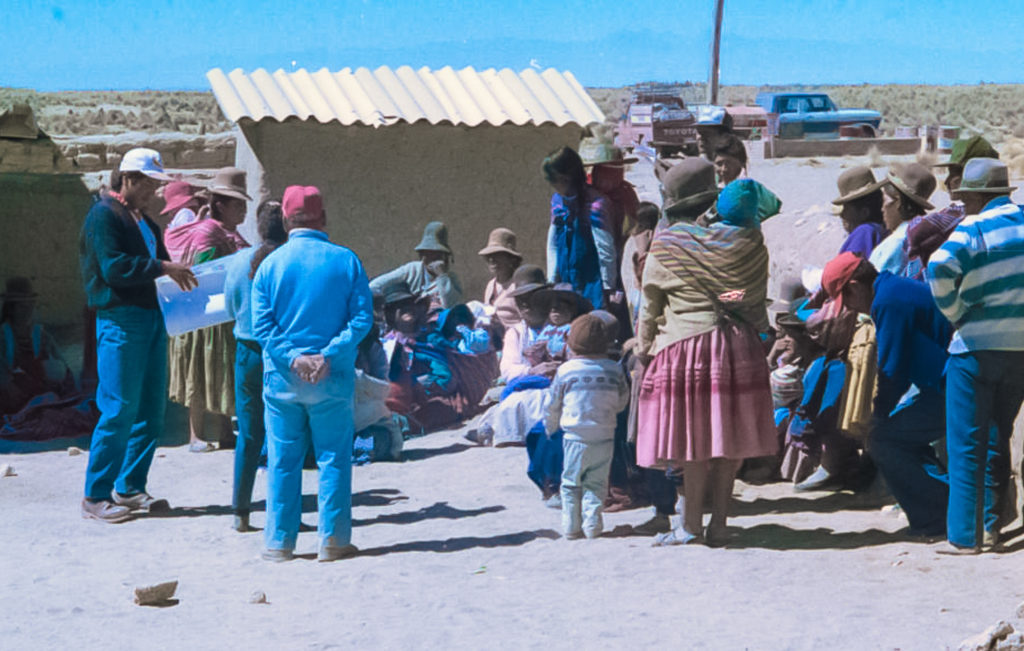
Uru-Muratos in Untavi 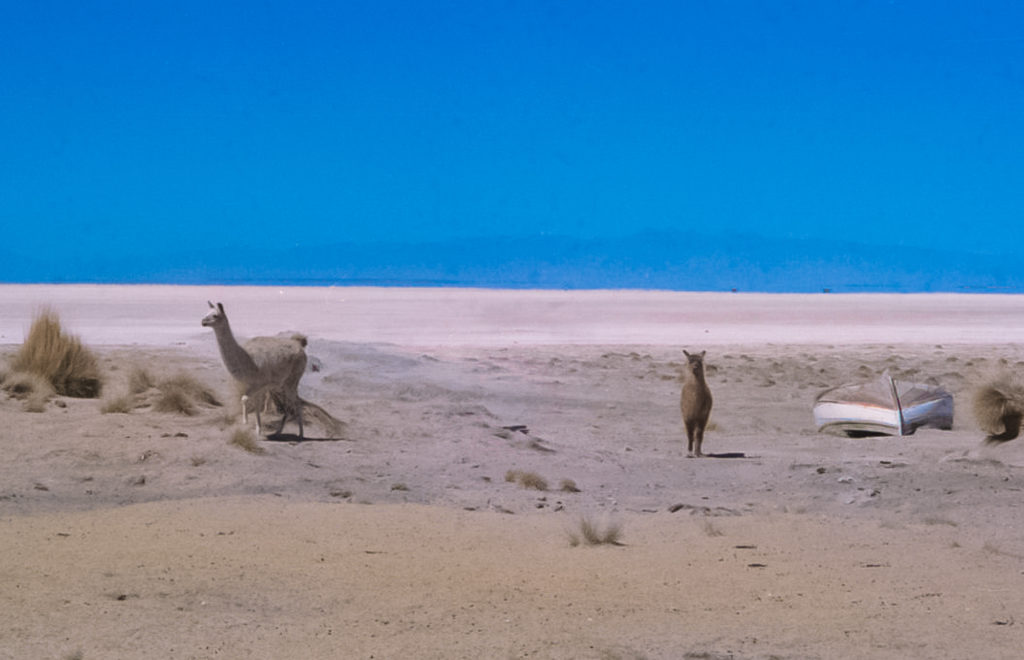
I spent no more than three hours in Untavi and all these years later, I wonder what’s become of these people now that the lake has been destroyed. I wonder about persistent bad luck considering the Uru-Muratos lost their lands and sole fishing rights when they were invaded by the Aymara in 1930.
Working salt is hard work and not very rewarding. It’s a grim punishment in gulags elsewhere.
Some mention climate change, El Niño and La Niña while wrapping in mining pollution for good measure. No loyal army corps of engineers would ever have diverted the rivers. No government would ever have privatised its water supply.
It’s become a story of evaporation, desiccation and devastation.

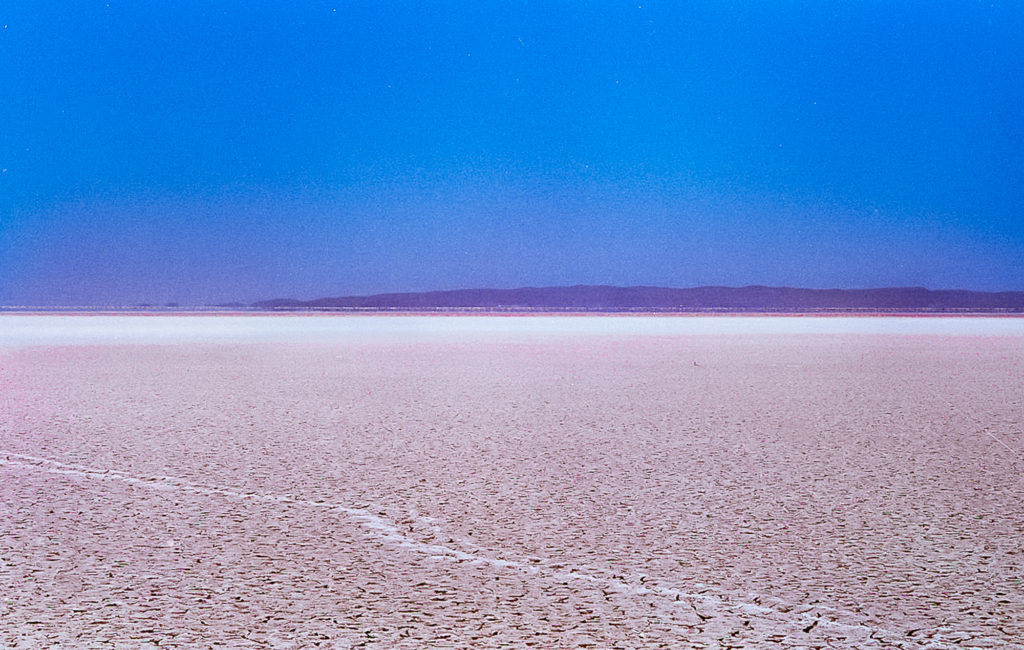
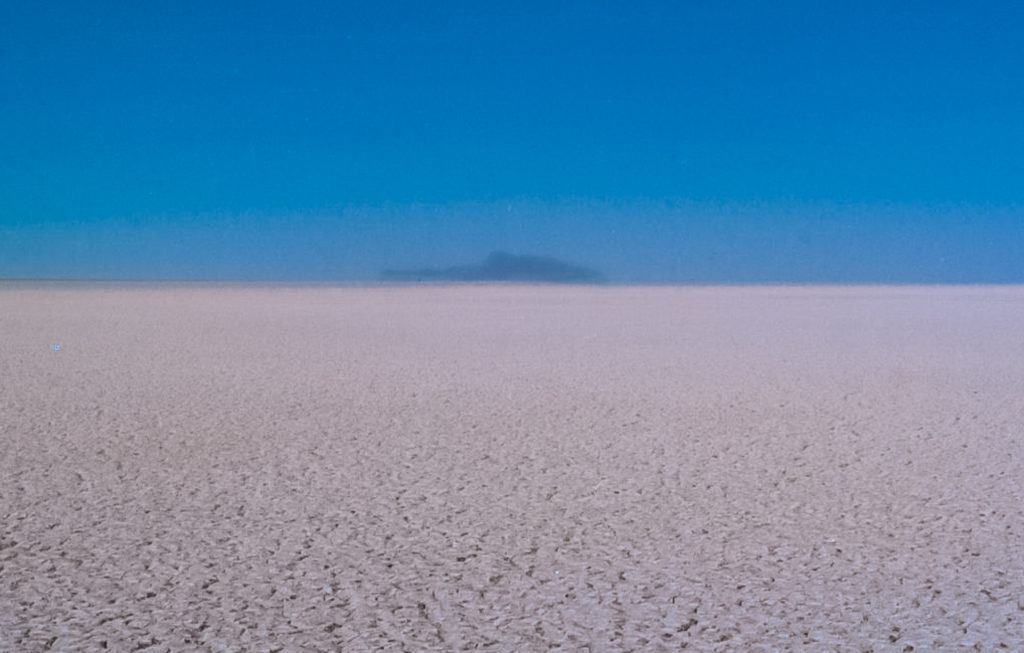
Leave a Reply